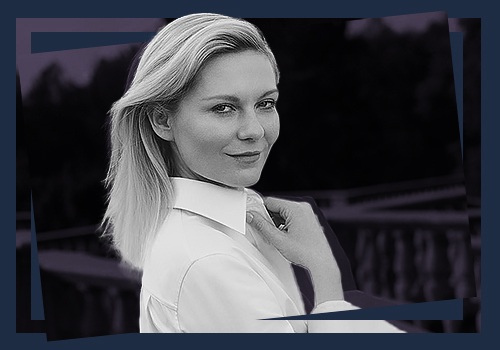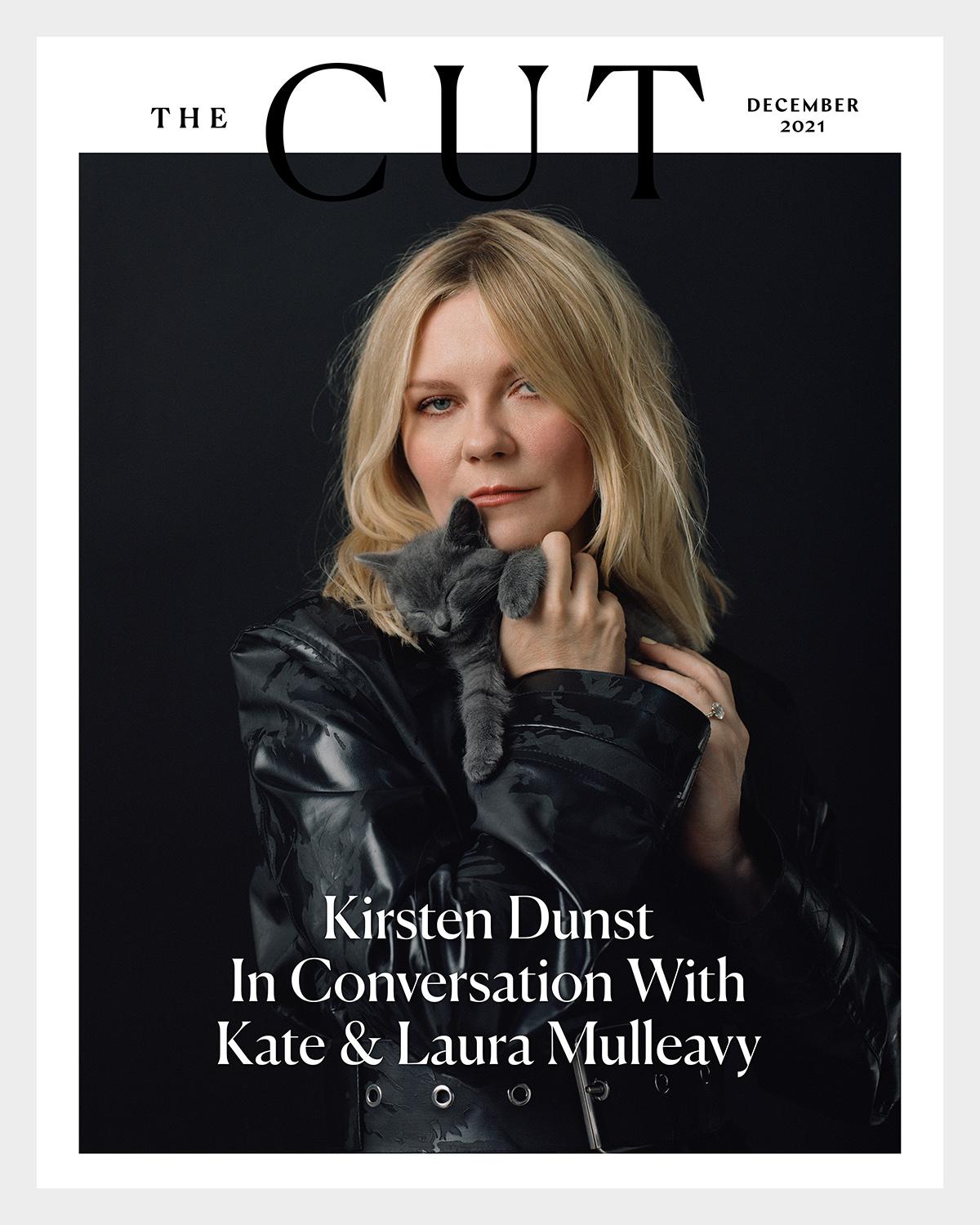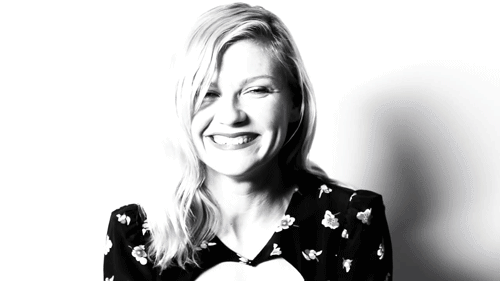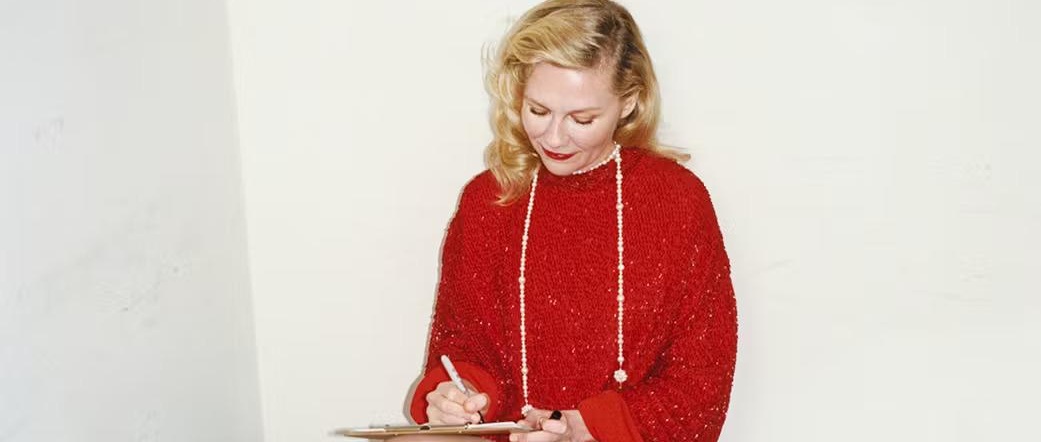 elcome to Kirsten-Dunst.Org, the original and largest Kirsten Dunst fansite. In a career on film and television that spans the last four decades, Kirsten has made a name for herself with memorable performances in Interview with the Vampire, Fargo, The Virgin Suicides, the Spider-Man franchise, Wimbledon, Melancholia and many many more.
Proud to be the flagship Fansite for The Fan Carpet, Kirsten-Dunst[dot]Org and our photo gallery have been online for over 25 years, we have been lucky enough to meet Kirsten in person and she is as warm, kind and beautiful as you see on screen.
elcome to Kirsten-Dunst.Org, the original and largest Kirsten Dunst fansite. In a career on film and television that spans the last four decades, Kirsten has made a name for herself with memorable performances in Interview with the Vampire, Fargo, The Virgin Suicides, the Spider-Man franchise, Wimbledon, Melancholia and many many more.
Proud to be the flagship Fansite for The Fan Carpet, Kirsten-Dunst[dot]Org and our photo gallery have been online for over 25 years, we have been lucky enough to meet Kirsten in person and she is as warm, kind and beautiful as you see on screen.
Keep coming back and see updates coming, photos popping and beauty spreading! KDdotOrg is proudly paparazzi free!!!
















